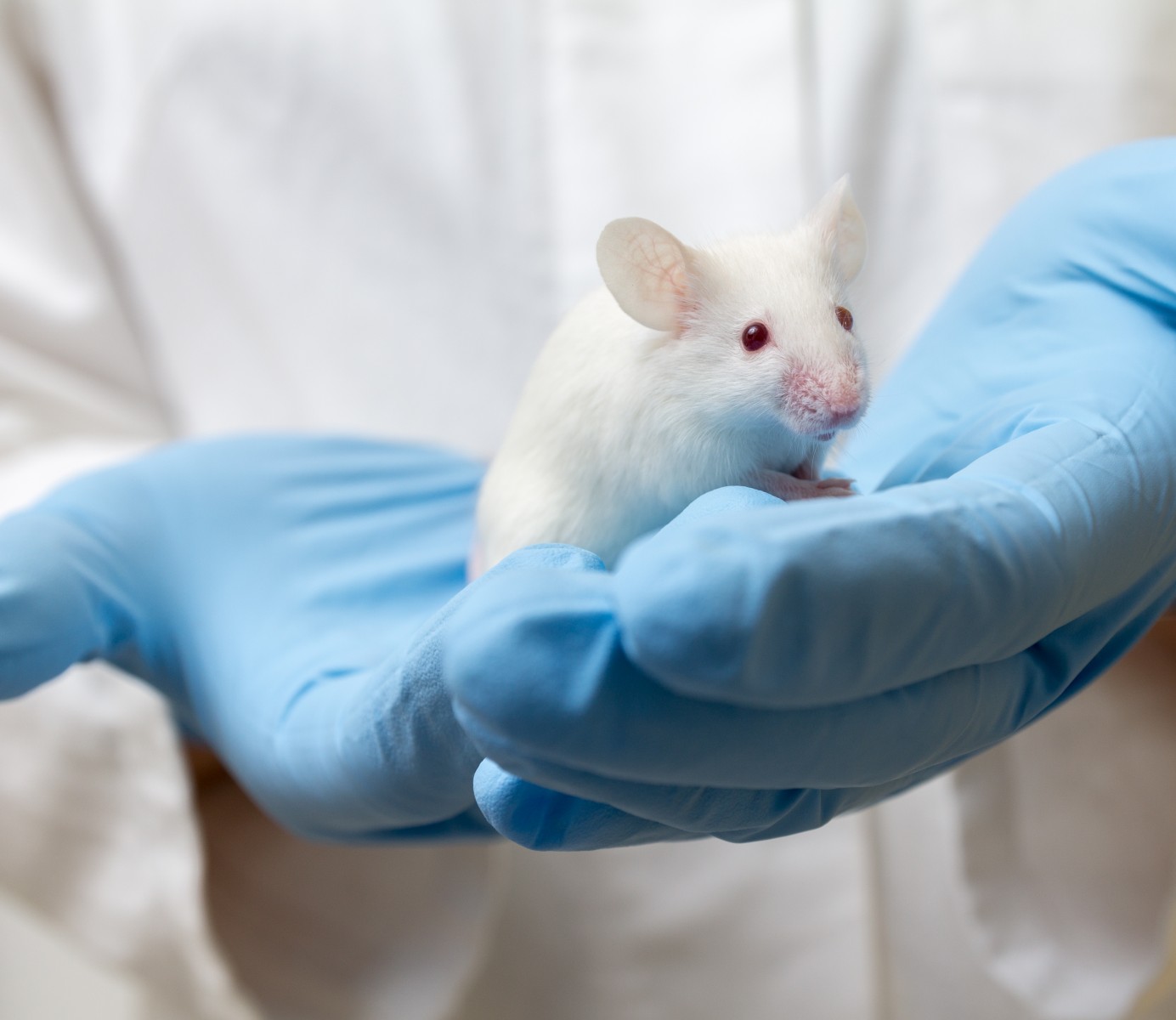Ketogenic Diet Reduces Seizures, Affects Weight and Activity Levels in Mouse Model of Fragile X, Study Finds

A ketogenic diet, rich in fats and low in carbohydrates (sugars), was able to reduce the frequency of seizures in a mouse model of fragile X syndrome, a study reports.
The diet also decreased daytime activity, with varying effects on body weight depending on the sex and age of the mice.
The study, “Preclinical testing of the ketogenic diet in fragile X mice,” was published in the journal Neurochemistry International.
A ketogenic diet is a high-fat, low-carbohydrate, and moderate-protein diet that is sometimes prescribed for patients, usually children, with difficult-to-control (refractory) seizures that do not respond to anti-epileptic medications.
The diet promotes the production of ketones in the body, which are byproducts of the use of fat as an energy source. Usually, the body uses carbohydrates (found in high levels in sugar, bread, and pasta, for instance) for energy. But in ketogenic diets, fats become the primary source of energy.
Ketones are not harmful and can be detected in the urine, blood, and breath. How a ketogenic diet works to control seizures in some people is still unclear. Some researchers believe that ketone bodies are the main anti-epileptic factors, while others propose different explanations.
Scientists have been studying the ketogenic diet to treat a wide range of neurological conditions. Increasing evidence suggests that it could benefit people with autism.
Fragile X, a neurodevelopmental disorder characterized by intellectual disability and seizures, is the leading genetic cause of autism.
The effects of a ketogenic diet on behavior have been studied in several mouse models of autism but not in fragile X.
To address this gap, a team at University of Wisconsin-Madison tested the effects of a prolonged ketogenic regimen in mice that lacked the Fmr1 gene (to mimic the symptoms of fragile X).
The researchers evaluated the impact of the ketogenic diet on neurological symptoms — seizures, anxiety, learning, memory, and daytime activity — as well as on levels of metabolic biomarkers such as body weight, and ketone and glucose (sugar) levels in urine and blood.
Results showed that three days on a ketogenic diet was enough to significantly reduce seizures and deaths among juvenile male mice, compared with mice fed a normal diet. The number of mice having seizures dropped from as many as 40% to 3%.
In contrast, the same diet was not able to reduce seizures in female mice, “indicating a strong sex-specific difference in response to diet,” the researchers wrote.
Several other experiments were conducted with varying feeding durations (ranging from one to 10 weeks) and using mice of different ages, ranging from young adult to elderly.
Taken together, these experiments also showed that a ketogenic diet changed the rest-activity rhythms of mice. Total activity was reduced in the fragile X group and in controls, particularly during the most active period of the day.
The diet also lowered body weight gain in males, regardless of duration. In females, body weight increased or decreased depending on age. Urinary levels of ketones and glucose were also increased on the ketogenic diet.
“We present the first evidence that the KD [ketogenic diet] rescues FXS [fragile X syndrome] phenotypes in a mouse model of the disorder. We also demonstrate sex-specific effects,” the researchers wrote.
“The KD is a very restrictive diet that is difficult to maintain long-term; thus, elucidation of the mechanism underlying the success of the diet may identify pharmaceutical interventions that mimic the KD and may be beneficial in FXS,” they added.
Despite its potential benefits for autism and fragile X, a sustained ketogenic diet may be associated with side effects, including growth retardation, gastrointestinal symptoms, kidney stones, high levels of cholesterol and fats in the blood, cardiac abnormalities, and bone fractures, the scientists said.






